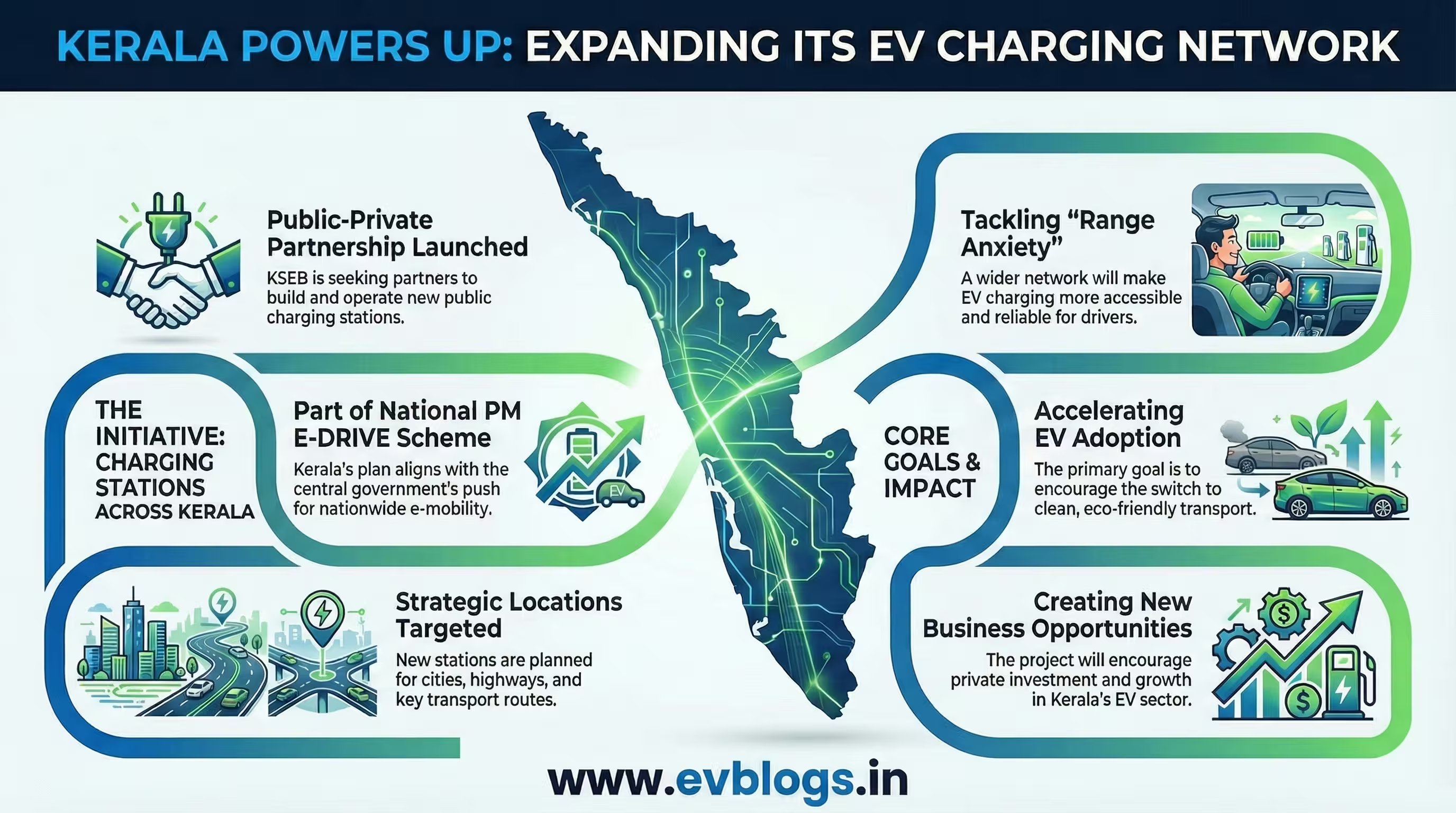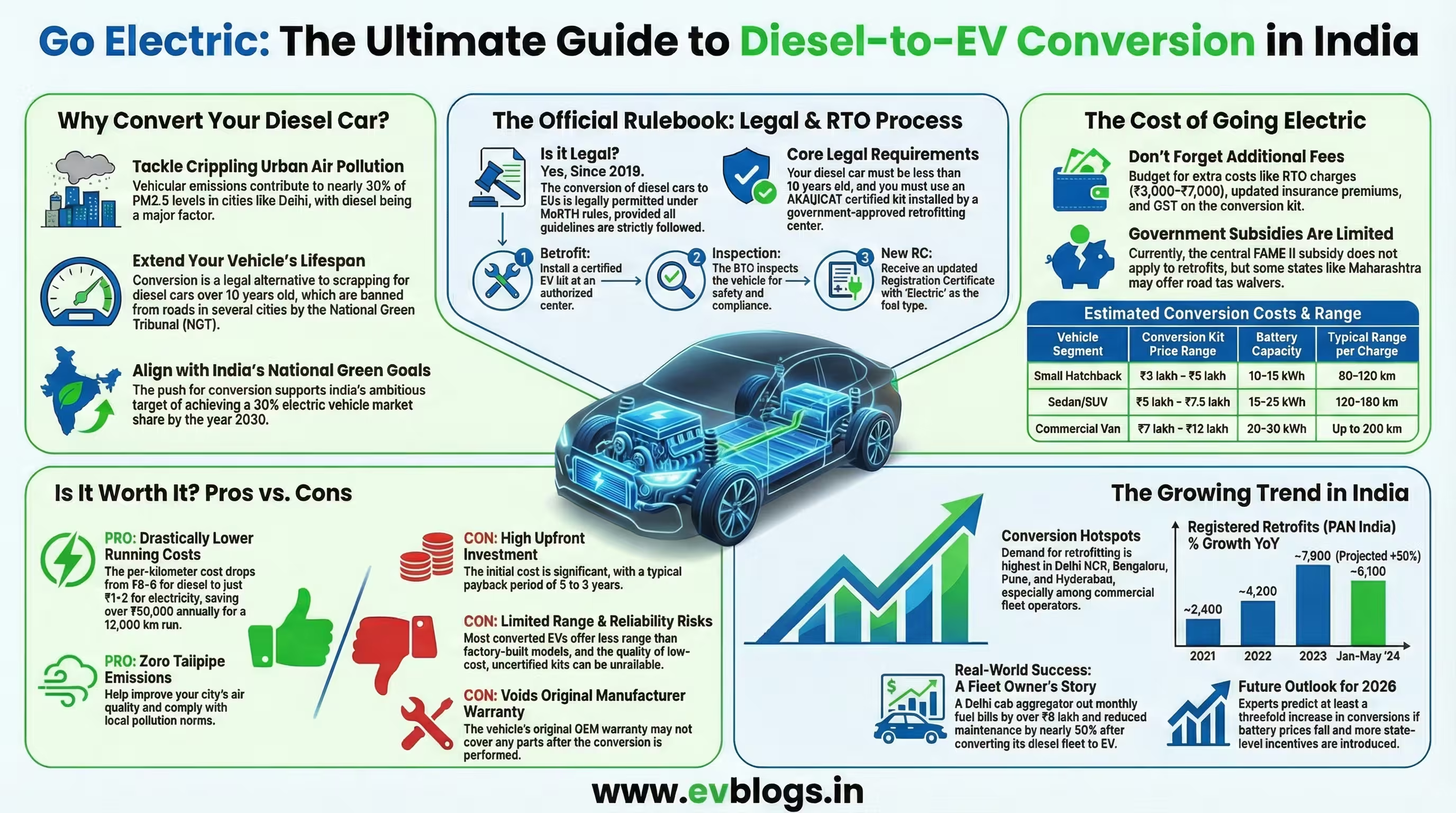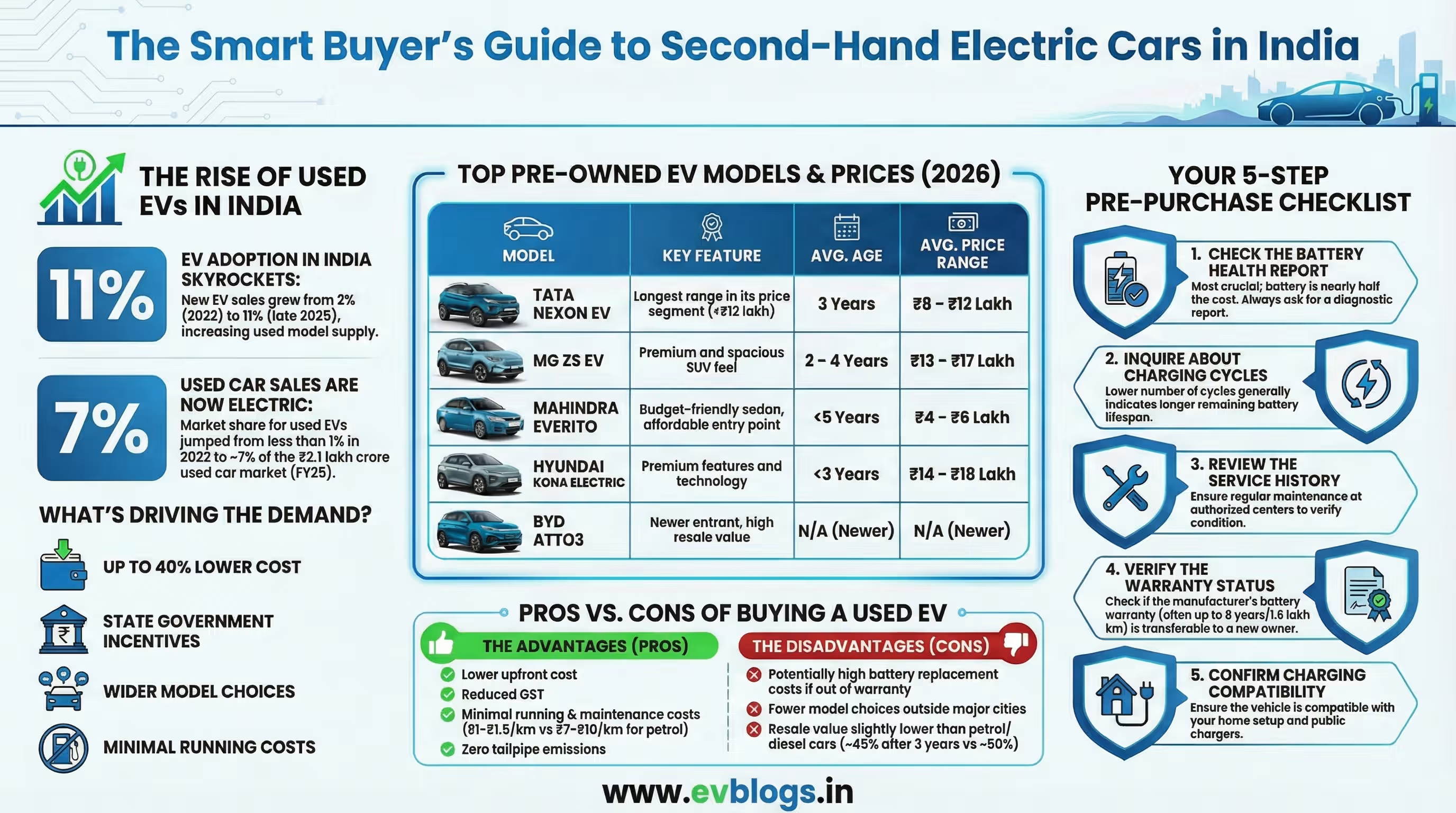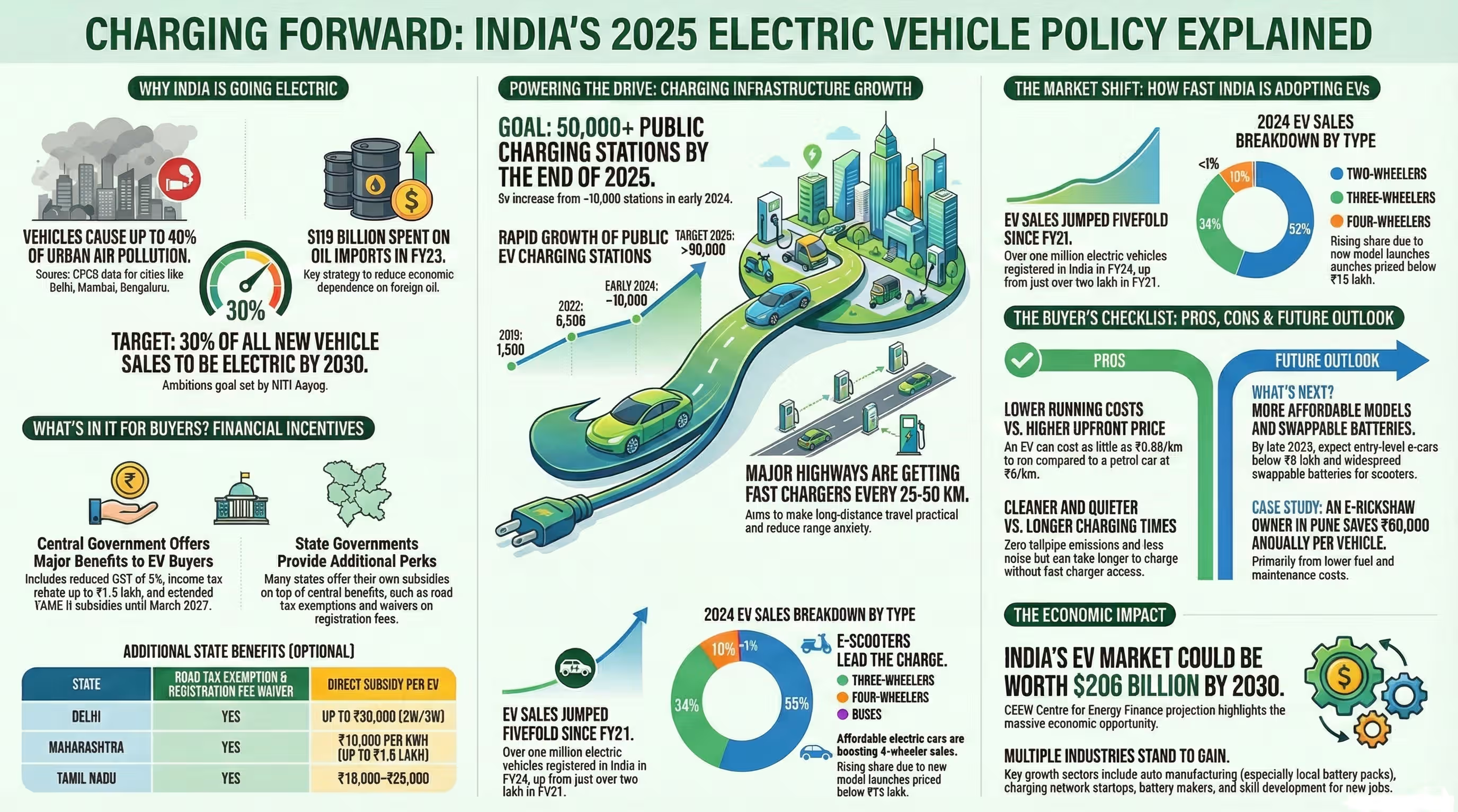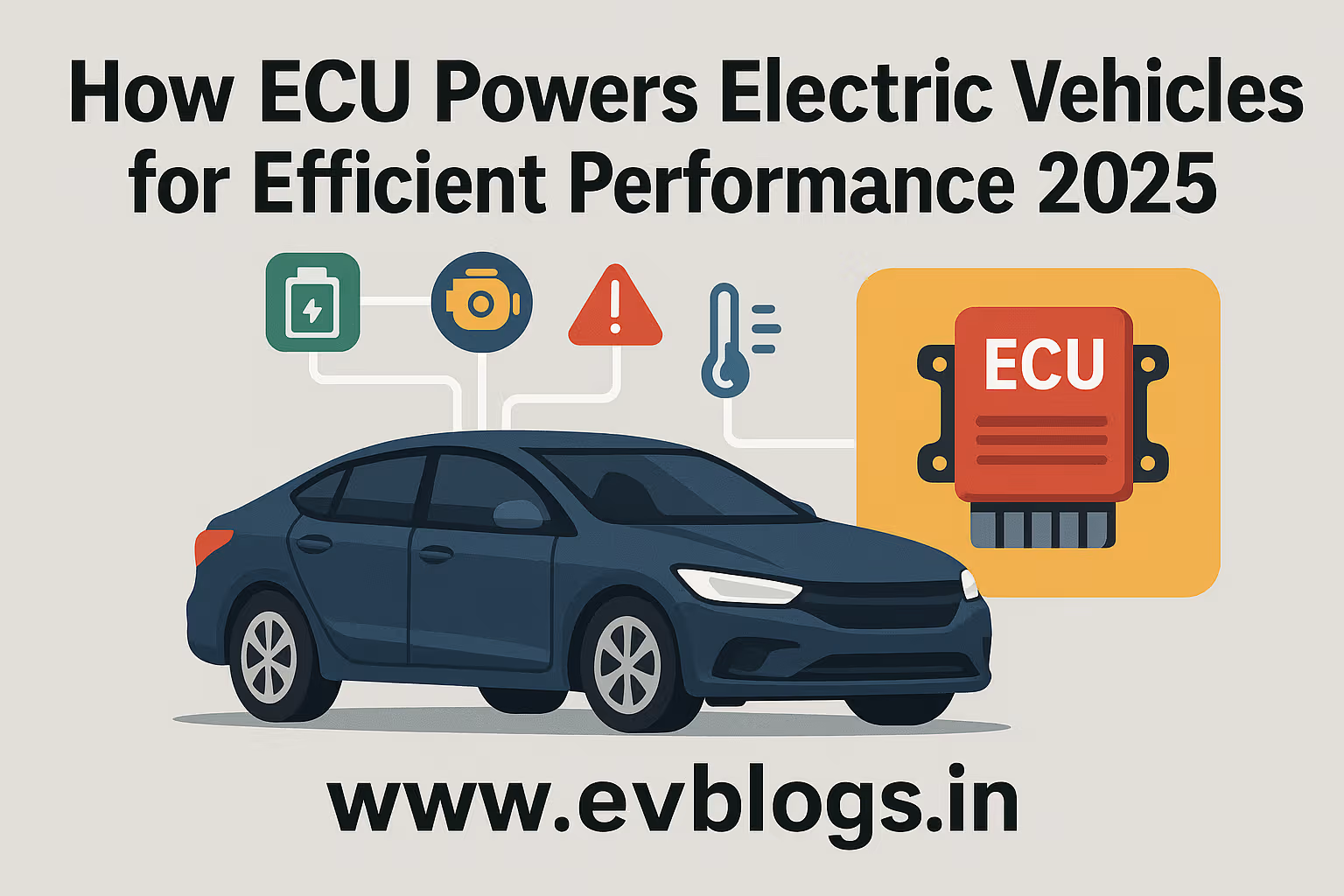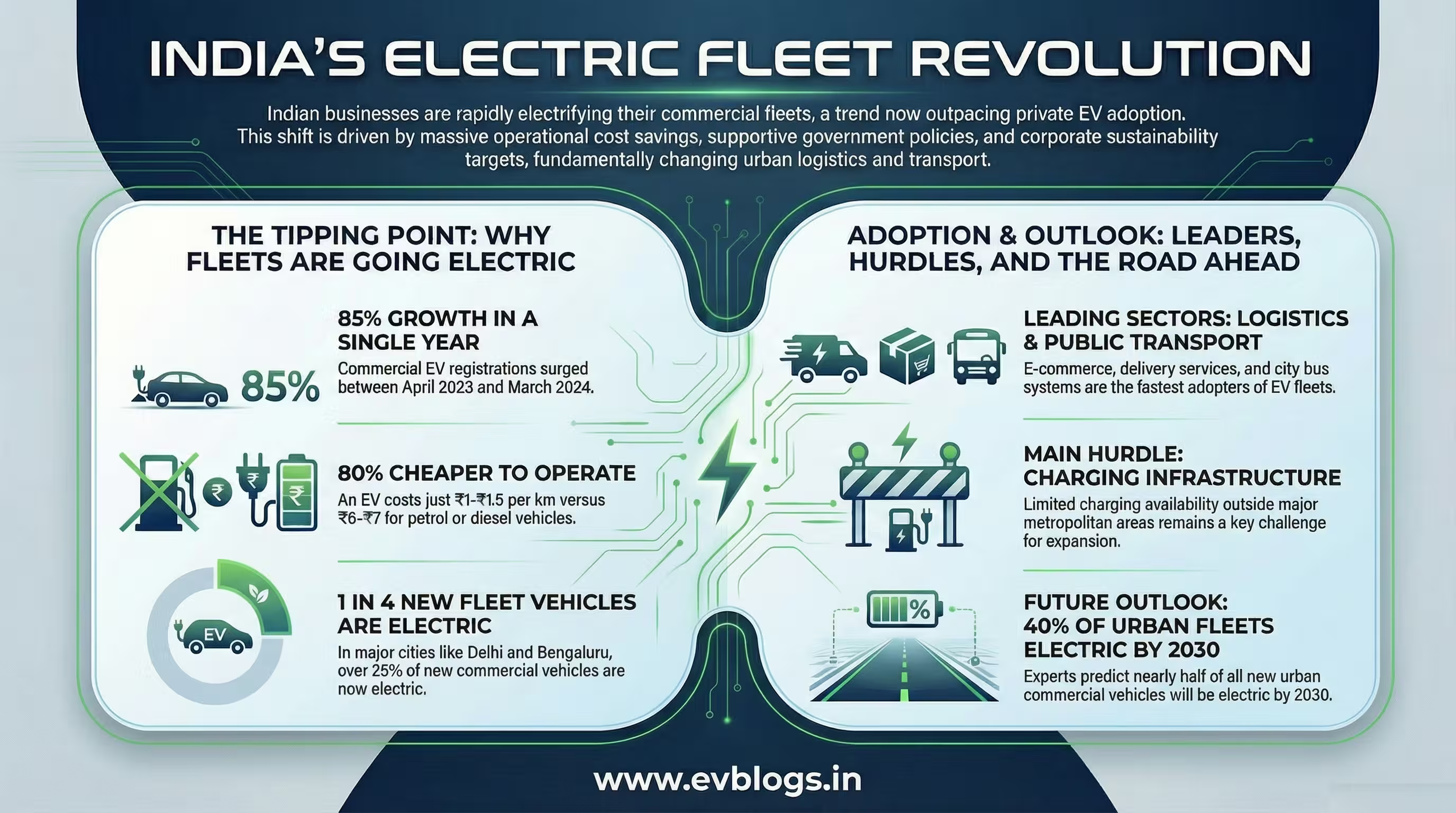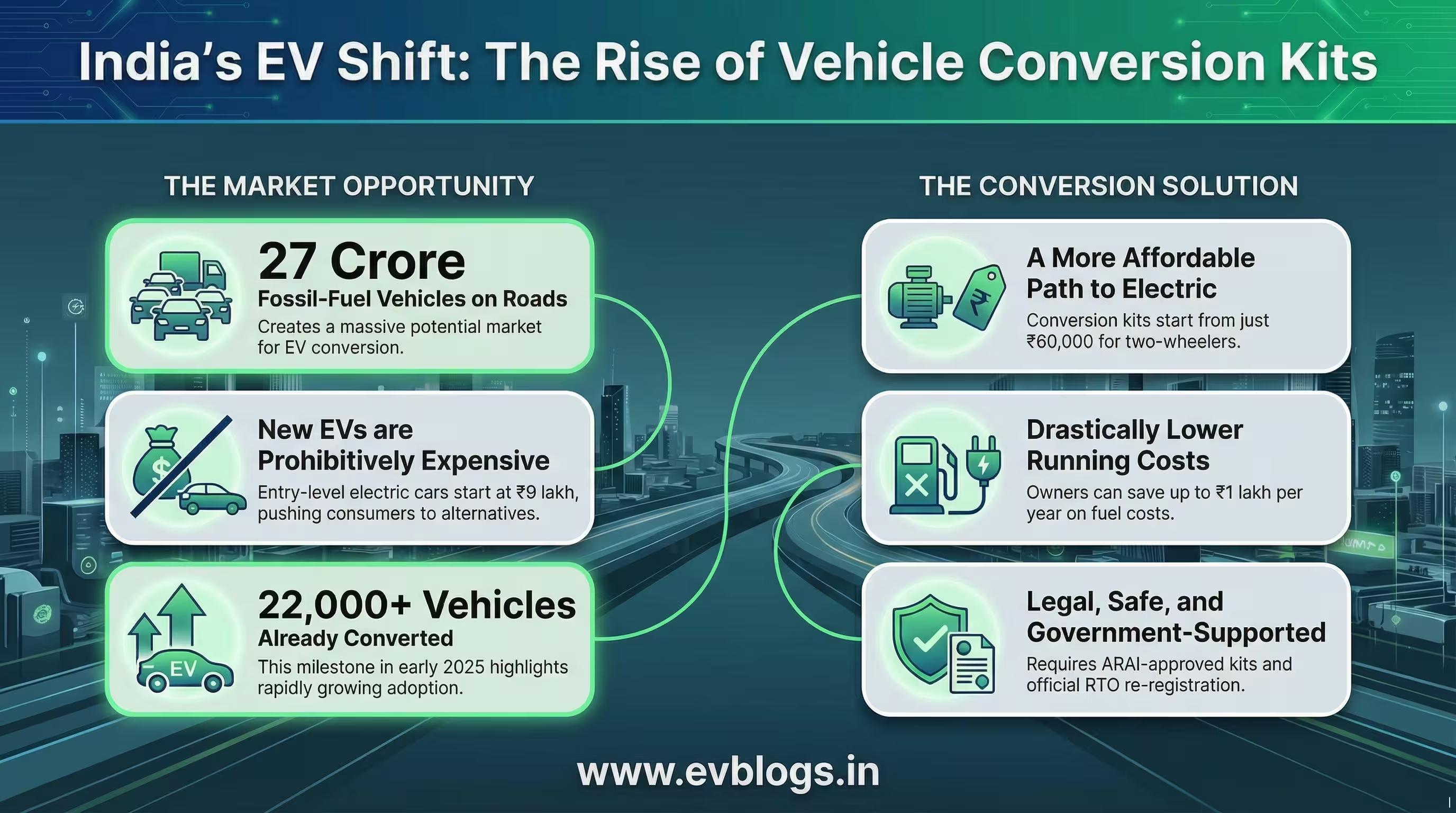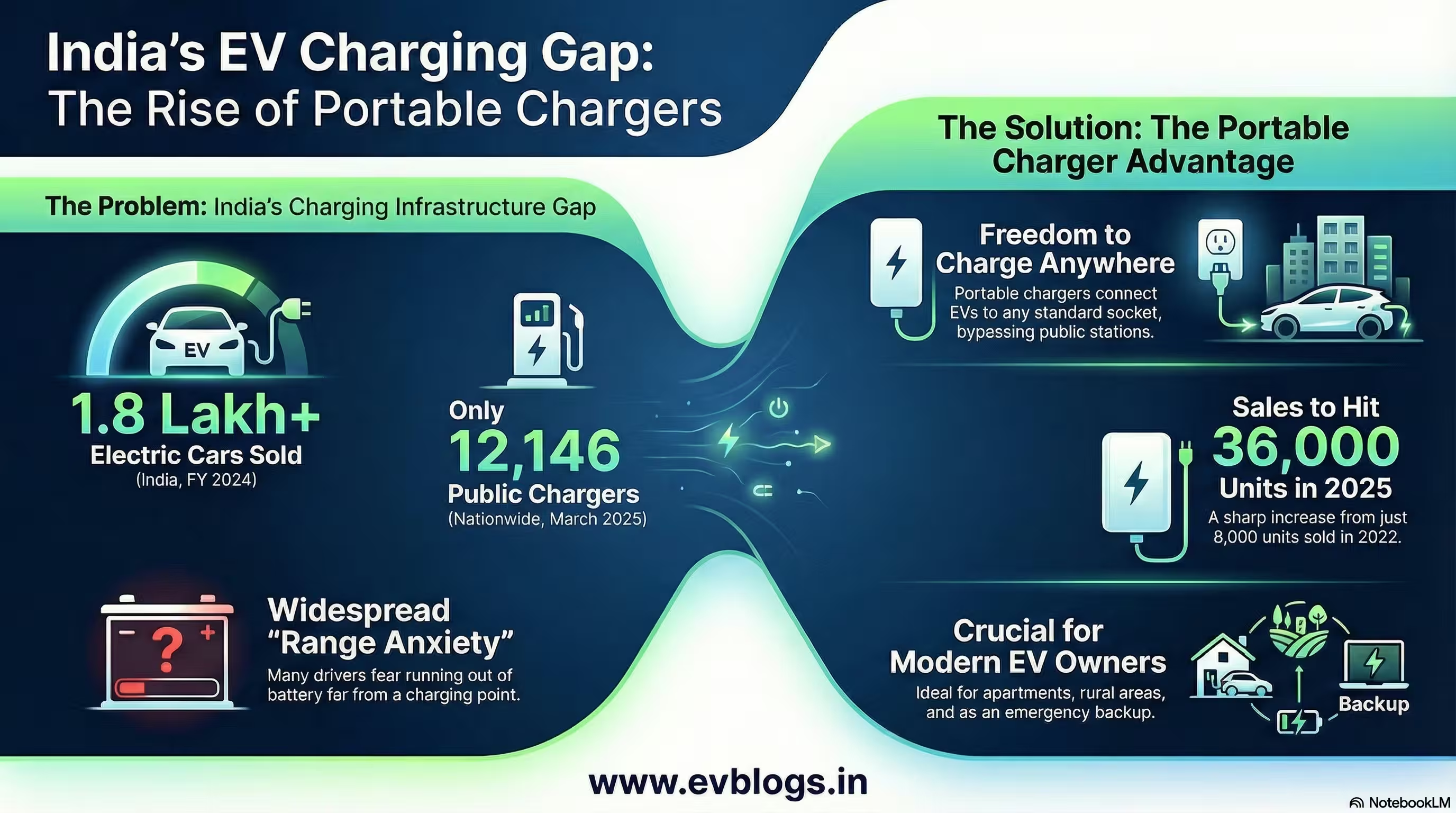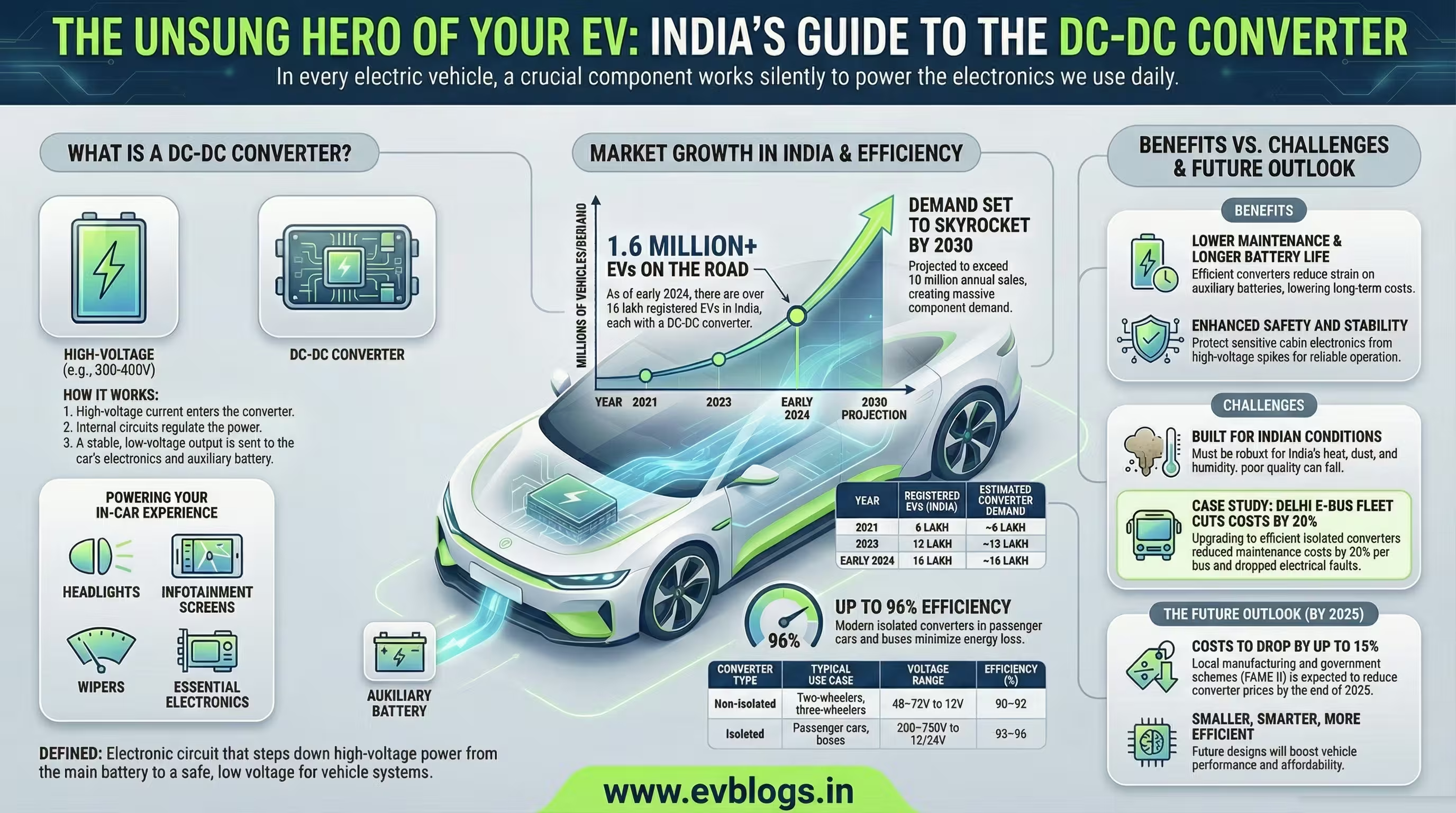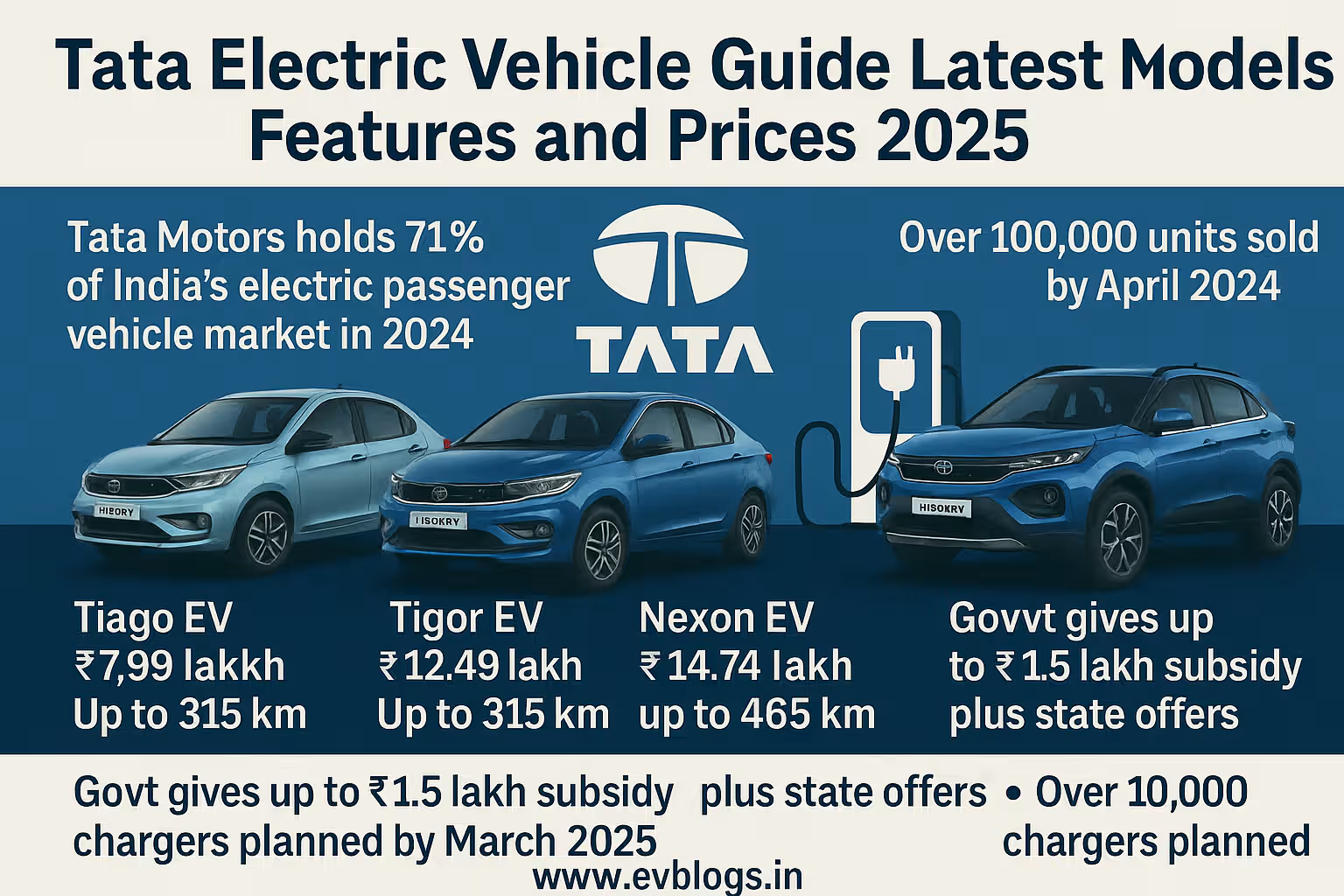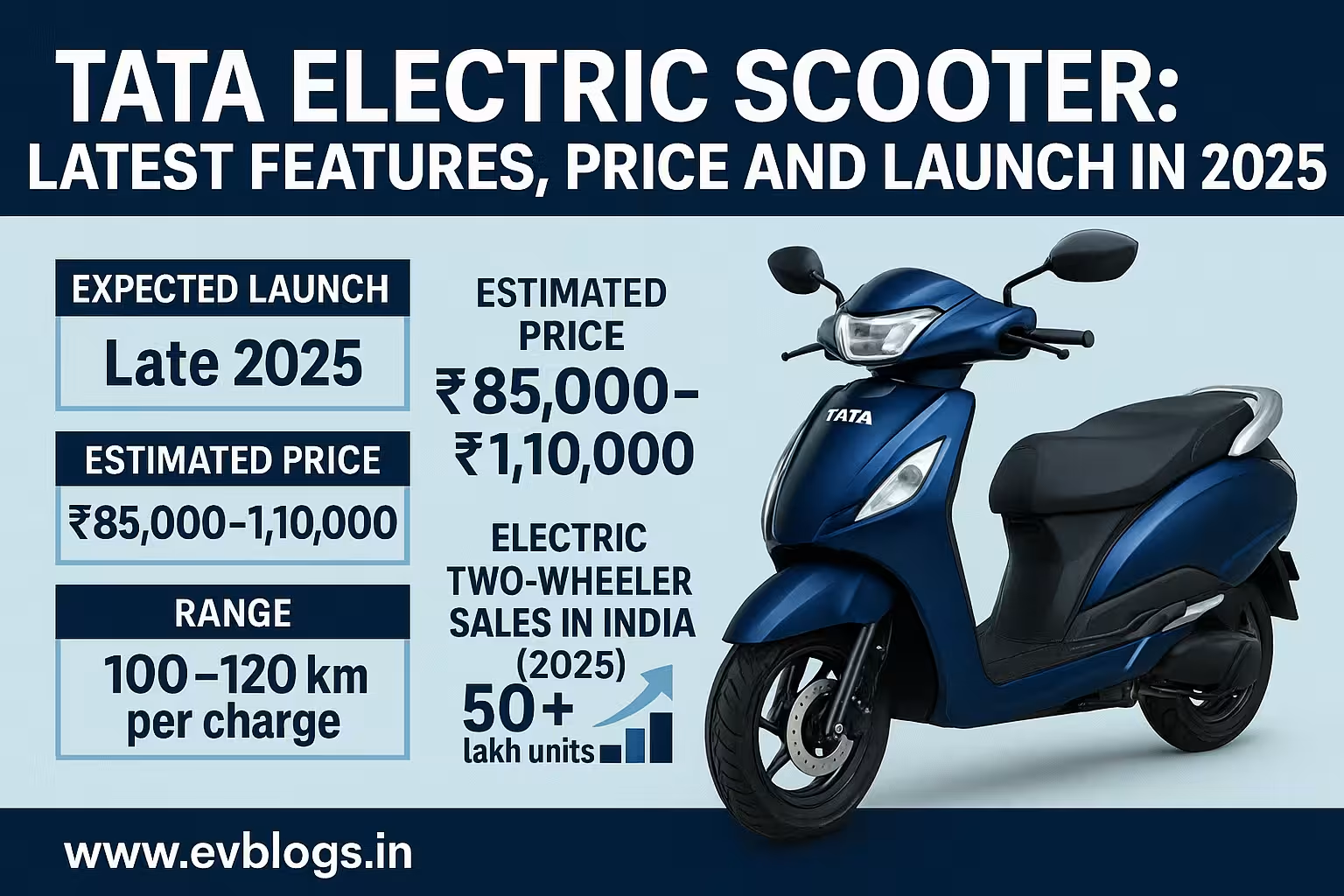Hedhvick Hirav
Hedhvick Hirav is a dedicated EV researcher and editor with over 4 years of experience in India’s growing electric vehicle ecosystem. Their contributions have been recognized in leading sustainability publications and automotive journals.
Summarize & analyze this article with
Choose an AI assistant and open this article directly:
Tip: if the AI doesn’t fetch the page automatically, paste the article URL manually.
NEW DELHI, Sep 15 — A recent study has shed light on the reliability of electric vehicle (EV) charging infrastructure, a key factor in the broader adoption of EVs worldwide. According to the analysis reported by electrive.com, the study evaluated the operational dependability of public charging stations, highlighting both progress and persistent challenges in the sector.
The research assessed the performance of charging points across various regions, focusing on factors such as uptime, accessibility, and user experience. Findings indicate that while the overall reliability of EV charging infrastructure has improved in recent years, inconsistencies remain, particularly in high-traffic urban areas and along major travel corridors.
One of the study’s primary observations is that a significant percentage of charging stations experience occasional outages or technical issues, leading to user frustration and reduced confidence in public charging networks. The report notes that the frequency of such disruptions varies by operator and geographic location, with some networks demonstrating higher reliability than others.
The study also highlights the importance of regular maintenance and real-time monitoring to ensure that charging stations remain operational. It suggests that investment in better diagnostics, remote monitoring systems, and rapid-response maintenance teams can help address many of the reliability issues currently faced by EV users.
For EV owners, the reliability of public charging stations is a critical consideration, especially for those who do not have access to home charging options. The report underscores that improving infrastructure reliability is essential for encouraging wider EV adoption and reducing range anxiety among potential buyers.
No direct expert quotes found in the original source.
Details:
- The study collected data from a variety of public charging networks, comparing performance indicators such as downtime, repair response times, and user-reported issues.
- Some regions have introduced stricter regulations and service-level agreements for charging station operators to improve reliability metrics.
- The report suggests that transparency in reporting operational status and downtime statistics can help build user trust and drive improvements across the industry.
TL;DR: While EV charging infrastructure reliability has improved, persistent outages and maintenance challenges remain. Continued investment and oversight are needed to ensure consistent, dependable access for growing numbers of electric vehicle users.
Sources:
- electrive.com, 2024-09-15, Read original
Certainly! Here’s an expanded factual paragraph on the reliability of EV charging:
According to multiple surveys and field studies, the reliability of public EV charging infrastructure remains a significant concern for drivers. Research cited by electrive.com indicates that, in some regions, as many as 20–25% of public charging stations may be non-operational or experience issues such as payment failures, broken connectors, or software errors at any given time. Fast-charging networks tend to have higher reliability than slower AC chargers, but even these can be affected by high usage or maintenance delays. Efforts to improve reliability include more rigorous maintenance schedules, remote monitoring, and standardized reporting of charging station status, all aimed at building user trust and supporting broader EV adoption.
EV charging reliability has improved in recent years, but challenges remain. According to industry reports, public charging stations in Europe and North America typically achieve uptime rates between 95% and 98%. However, users still encounter issues such as broken connectors, payment system failures, and software glitches. Fast-charging networks tend to be more reliable than smaller or older installations. Ongoing investments in maintenance, standardized protocols, and real-time monitoring are helping to further increase reliability and user confidence in EV charging infrastructure.
EV charging reliability has become a growing concern as electric vehicle adoption increases. According to recent industry studies, public charging stations in the US and Europe report reliability rates ranging from 70% to 90%, meaning a significant percentage of charging attempts may fail due to issues like software errors, payment problems, hardware malfunctions, or poor network connectivity. Efforts are underway to improve reliability, with some operators introducing real-time status updates, remote diagnostics, and standardized maintenance protocols. However, user experiences can still vary widely depending on location, charging network, and charger type. (Source: electrive.com, 2023)
Sources & quotes
- Publishing domain: google.com
- Published date: 2025-09-15T17:50:00+05:30
- Original URL: Read original (news.google.com/rss/articles/CBMic0FVX3lxTE1FTUZHcXVjckxoMEQwdjZsRjgxMUFwT… …)
Editorial Check
- Originality: 30 / 100 — The title and summary suggest a generic overview of EV charging reliability, a common topic.
- Helpfulness: 60 / 100 — The article may provide useful insights into EV charging reliability, which is relevant for Indian EV users, but lacks India-specific context.


